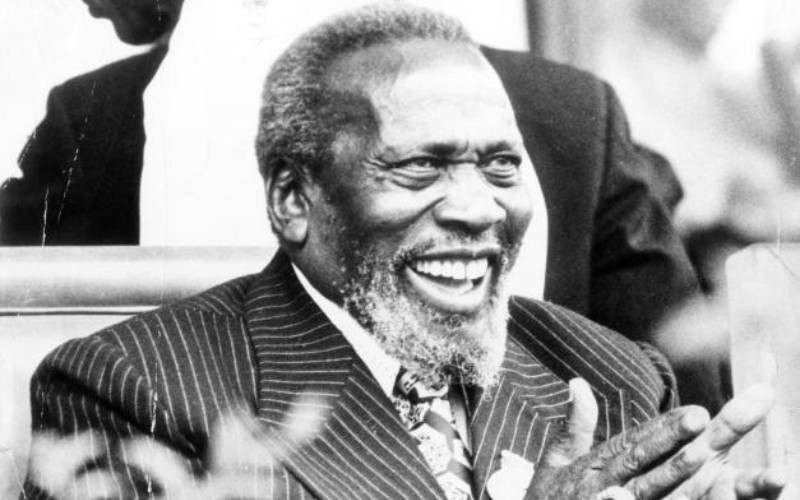
Unlike commoners who are attended to by any doctor on duty, presidents have personal physicians, and for many reasons.
For starters, the presidency is so stressful. Most presidents are sworn in sporting black hair only to exit with greying heads. Stress is therefore a force multiplier of other underlying health conditions. Besides constant jet lag and attendant fatigue, there is the constant dread of assassination attempts and political pressure.
All Kenyan Presidents have thus had personal physicians: Founding President Mzee Jomo Kenyatta had Dr Njoroge Mungai and Dr Eric Mgolla. The late Daniel arap Moi had Dr David Silverstein, the late Mwai Kibaki had Dr Dan Gikonyo and Dr Francis Kiragu.
 The Standard Group Plc is a multi-media organization with investments in media
platforms spanning newspaper print
operations, television, radio broadcasting, digital and online services. The
Standard Group is recognized as a
leading multi-media house in Kenya with a key influence in matters of national
and international interest.
The Standard Group Plc is a multi-media organization with investments in media
platforms spanning newspaper print
operations, television, radio broadcasting, digital and online services. The
Standard Group is recognized as a
leading multi-media house in Kenya with a key influence in matters of national
and international interest.











